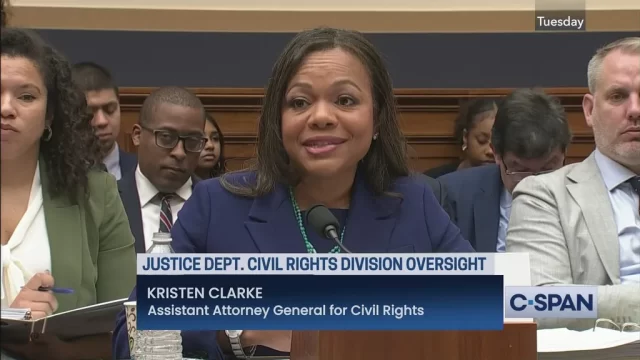As the Cleveland Division of Police nears its eighth year under federal oversight, “consent decree fatigue” is hampering the city’s efforts to keep residents interested in the required reforms.
While this article by The Marshall Project calls the frustrations from the community as “fatigue,” what was actually said sounds like anger.
City officials said they want to stop the oversight by the end of 2025. Leigh Anderson, executive director of a new city team aimed at measuring the consent decree’s progress, said Cleveland needs a PR blitz to galvanize residents around the costly reforms.
Several residents complained about monitoring costs and how long reforms have taken at recent public meetings, where they heard from two firms vying to be the third consent decree monitor after Hassan Aden of Aden Group, LLC resigned in October. They demanded to know how the competing firms will be different from those in the past.
“Each time there is a new group, each one wants to do a different tune,” a man told the firms.
“I want to see more people who look like me when you’re making decisions,” a Black man told a table of mostly White team members from one of the firms.
The consent decree requires the monitor to hold public meetings with different groups, including the Cleveland City Council, to explain updates about the agreement’s implementation process.
Those meetings have not occurred in years.





